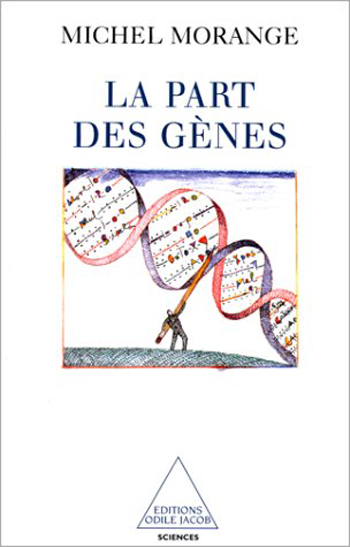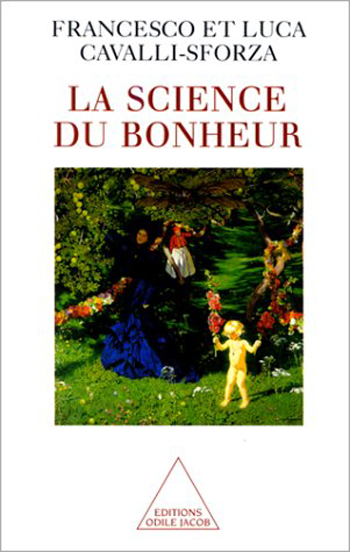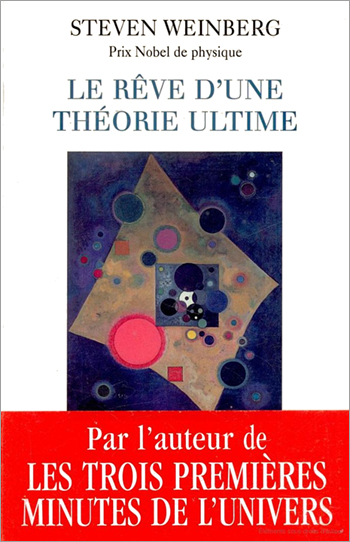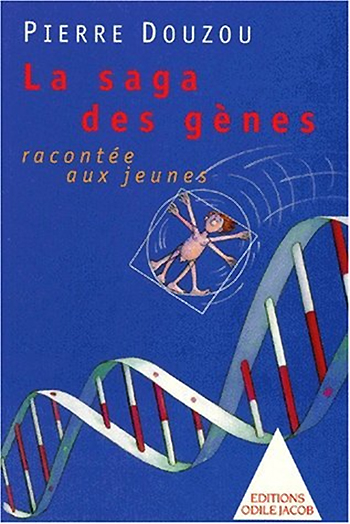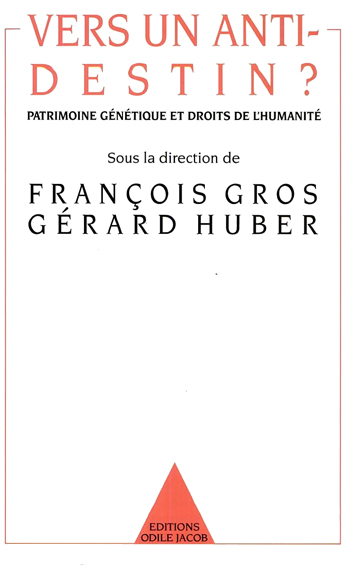Genetic All books
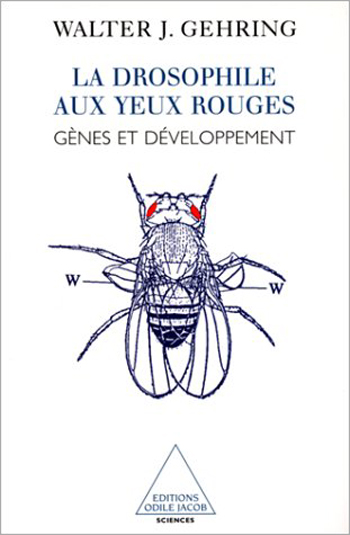
Walter J. Gehring
Master Control Genes in Development and Evolution: The Homeobox
What can be more amazing than an embryos development? How do the cells know that the eyes go on the face and not on a leg or some other part of the body? And why does this information sometimes go awry giving rise to a deformed creature? Walter J. Gehring, a renowned specialist in the genetics of embryonic development, traces recent developments in the field. Walter J. Gehring teaches cellular biology at the University of Basle, Switzerland.
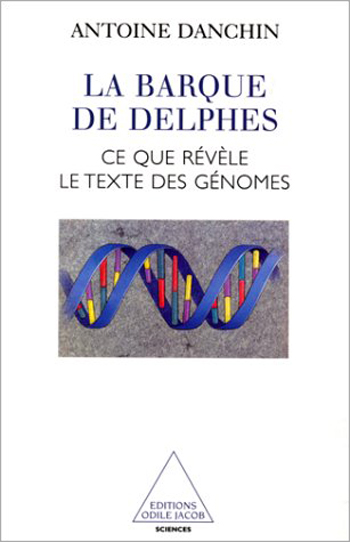
Antoine Danchin
The Delphic Boat What Genomes Tell Us
What is it that constitutes the unity and identity of a living creature ? This is the fundmental question of biology. The recent sequencing techniques provide a completely new response to this question, notably thanks to the knowledge of whole genomes. Antoine Danchin establishes a clear picture of this important biological discovery. He shows in particular that, just like the boat of Delphi, life is beyond prediction, and at the same time has an infinite capacity to create the unexpected. Antoine Danchin is the director of the Department of Biochemistry and Molecular Genetics at the Institut Pasteur.
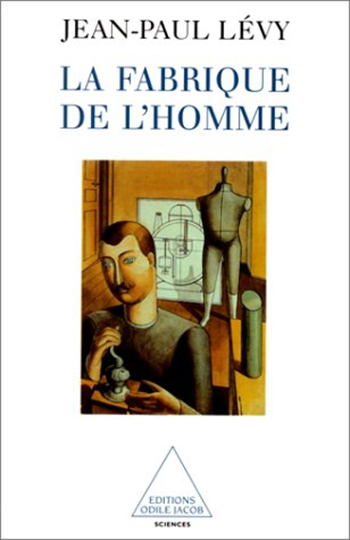
Jean-Paul Lévy
The Making of Man
Jean-Paul Lévy's book is marked by a resolutely materialistic reflexion, characteristic of biologists : the only thing that distinguishes man from all other living things is the capacity to reason. From this prospective, he explains how a human body is constructed, how and why it produces thoughts and why, one day, it finally ceases to function and dies. His thought process leads to a materialistic solution of the problem of the union of the body and soul. Jean-Paul Lévy is a hematologist and immunologist. He heads France's National Agency for AIDS Research

Richard Dawkins
The Selfish Gene
The Selfish Gene has been described as the most important book about evolutionary theory since Darwin. According to Dawkins theory of the selfish gene, natural selection does not take place on the level of the species or of the individual but rather among genes. Dawkins argues that human beings are programmed to preserve their selfish molecules, which are known as genes. Dawkins brilliant style shows that complex scientific ideas can be explained and made accessible to the general public, and that biology can be as exciting as an adventure story. Richard Dawkins is a renowned evolutionary biologist.
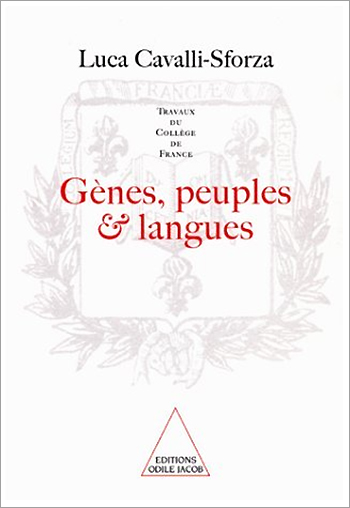
Luca Cavalli-Sforza
Genes, People and Languages (Work of the Collège de France)
How is culture passed on ? Is it possible to reconstruct the history of the evolution of the human species using genetic information from existing populations ?
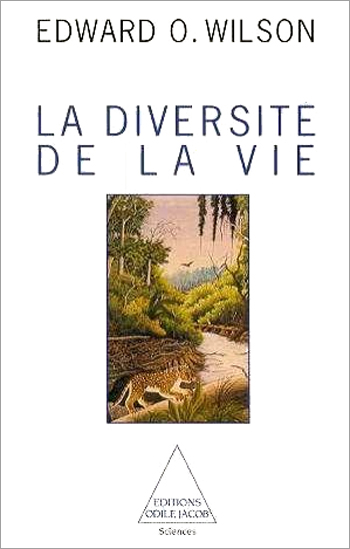
Edward O. Wilson
The Diversity of Life
What are the mechanics of evolution? What is the force behind diversity and the proliferation of the species? Why does nature never stop inventing new forms of life? What is the effect of great catastrophes on the evolution of the species? What is the real effect of human action on nature? A professor at Harvard University, Edward O. Wilson is one of the most important theoricians of biological evolution. He is also one of the most ardent lobbyists for the preservation of nature.
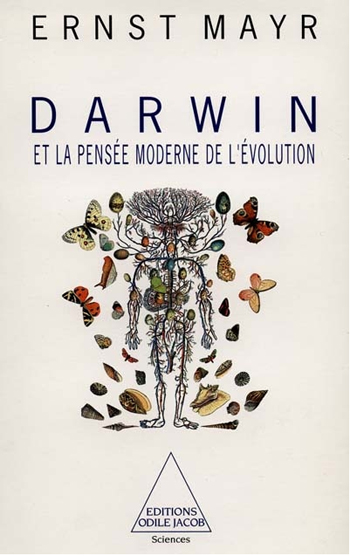
Ernst Mayr
One Long Argument: Charles Darwin and the Genesis of Modern Evolutionary Thought (Questions of Science)
Without Darwin, our knowledge of the living would not be what it is today. But who was really the author of The Origin of Species? Why did these hypotheses lead to one of the most important scientific revolutions of our time? To what questions was Darwin unable to find an answer? Ernst Mayr is a professor emeritus at Harvard University.
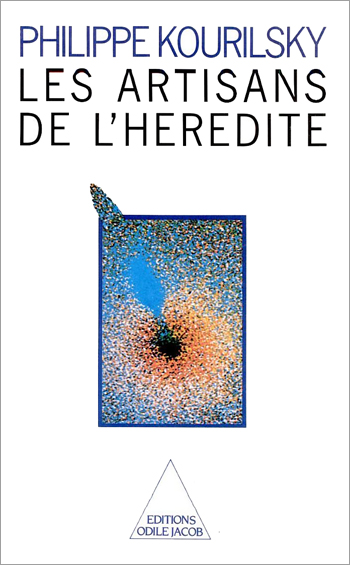
Philippe Kourilsky
The Architects of Heredity
Is man on the verge of controlling heredity? Will the characteristics of living creatures soon depend on our choice ? Do genetic manipulation, cloning and mutation warrant the fear they inspire? Philippe Kourilsky is the General Director of the Pasteur Institute. He is a professor at the Collège de France, and a member of the Academy of Sciences.


